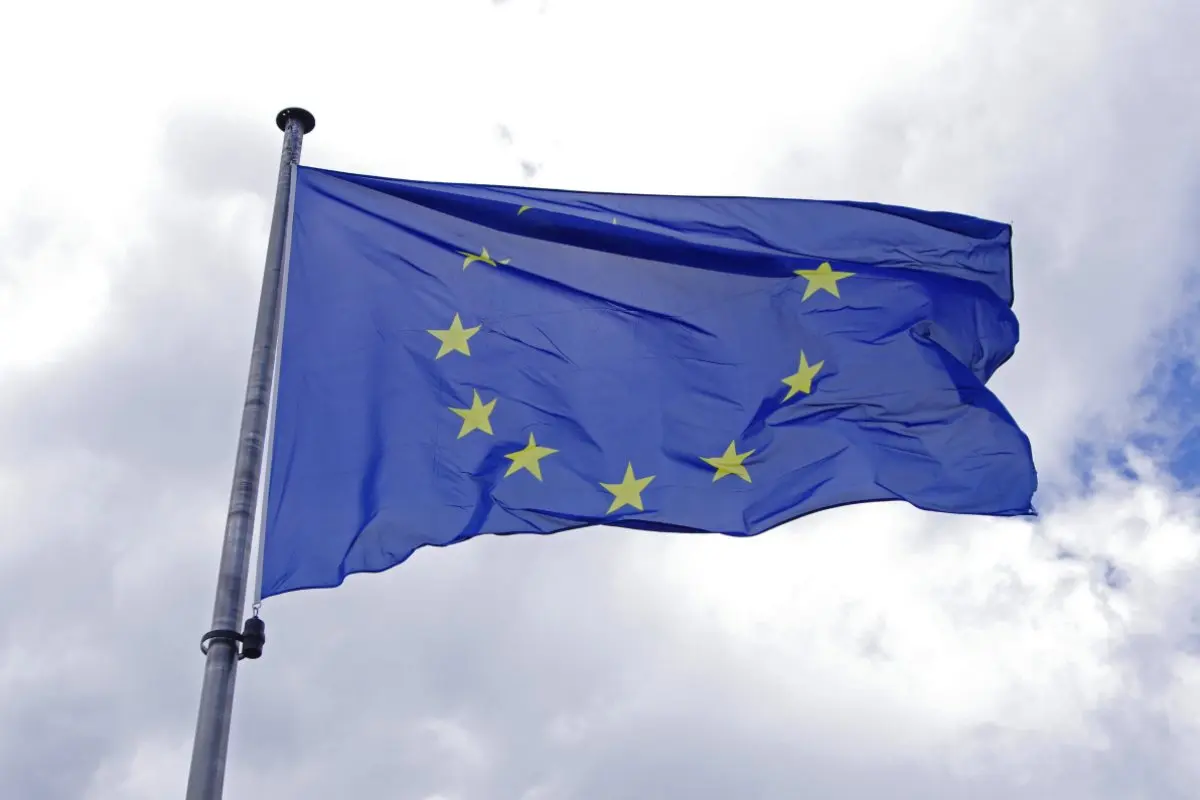
Do you want to access to this and other private contents?
Log in if you are a subscriber or click here to request service
EU against counterfeiting
The Juridical Commission votes unanimously for the geographical indication of traditional products

The Commission on Legal Affairs of the European Union (JURI) has adopted a new scheme to ensure that the geographical indication of traditional handicraft products is protected in the EU and globally.With 19 votes in favour, Juri MEPs unanimously adopted a draft negotiating mandate on legislation introducing a geographical indication (GI) protecting the names of local artisanal and industrial products....
lml - 29635
EFA News - European Food Agency
◄ Previous page
EFA News - European Food Agency